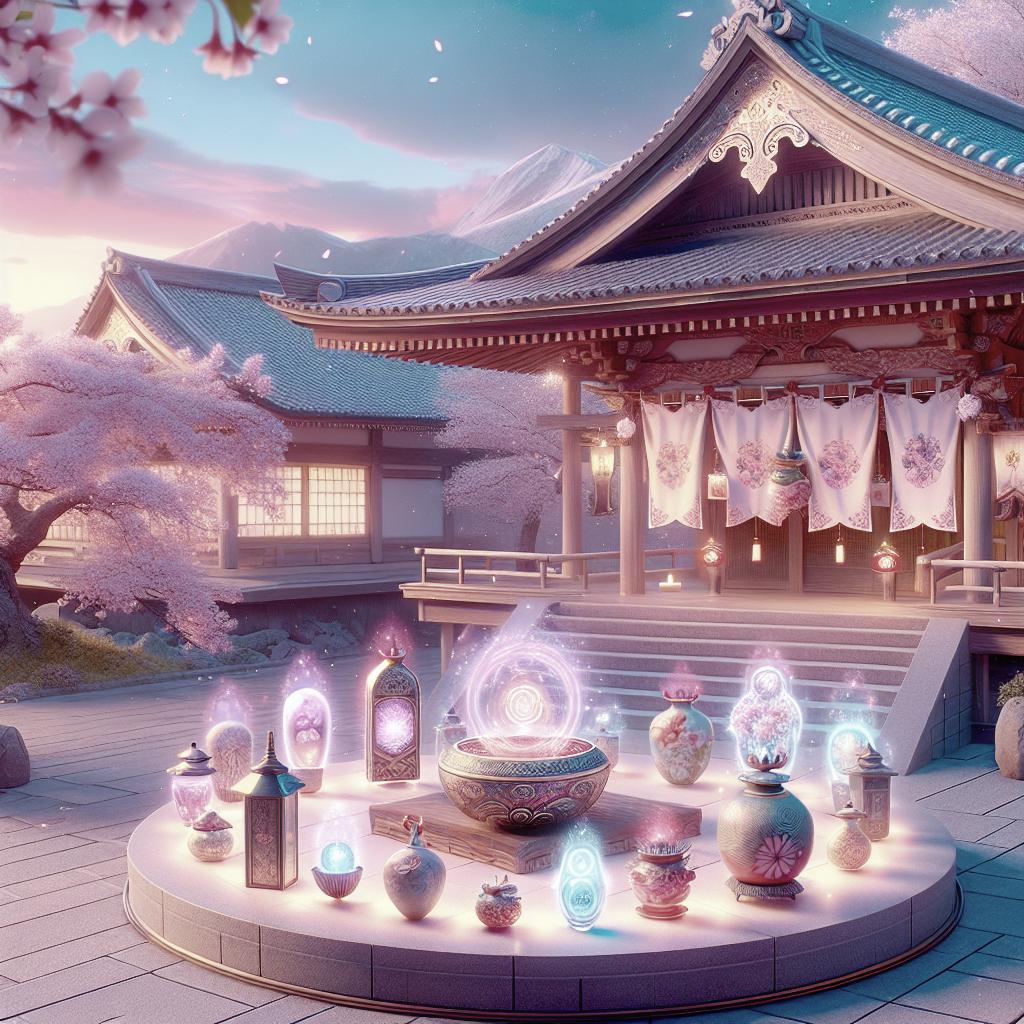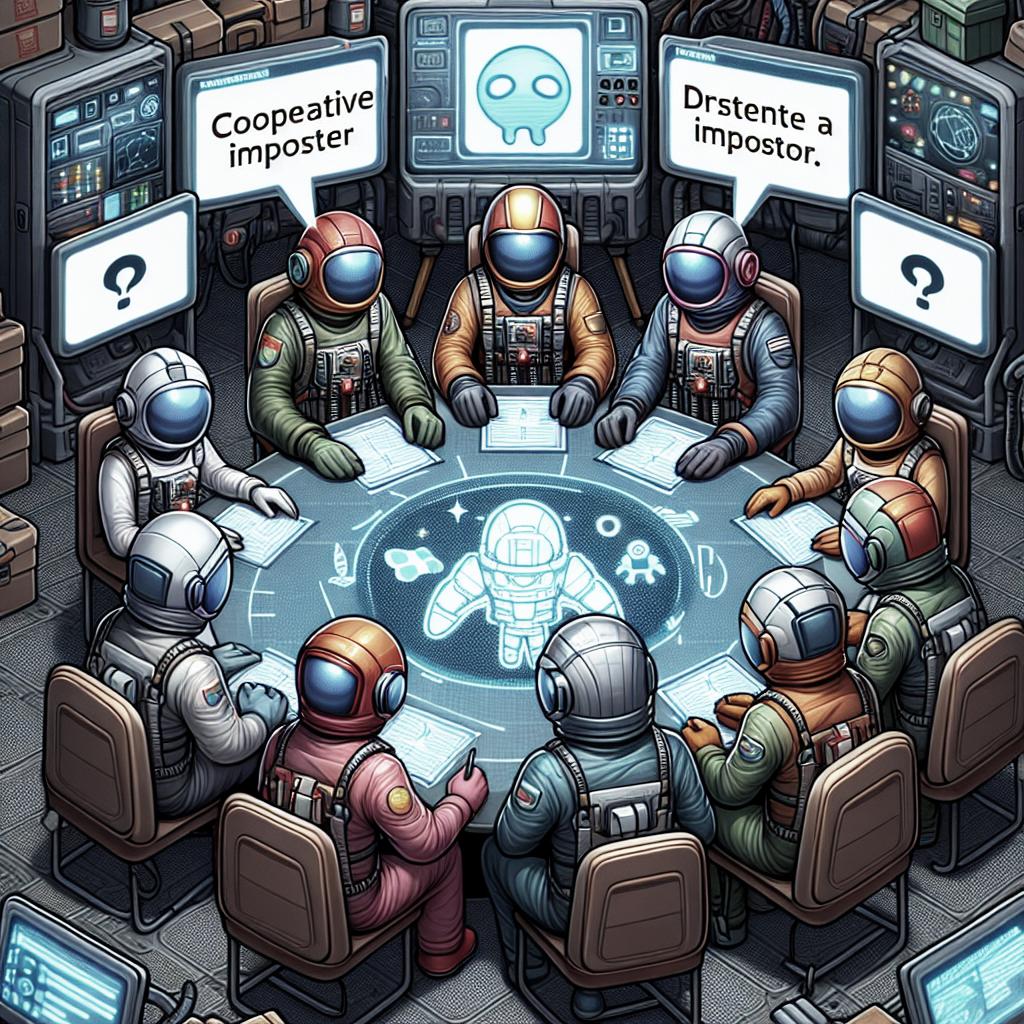Introduction to Mahito
Every compelling story boasts a memorable antagonist, and “Jujutsu Kaisen” is no exception with Mahito. As a critical figure in the dark fantasy anime, Mahito adds depth and intrigue to the narrative. This blog post will delve into Mahito’s role within the series, exploring his relationships, personality traits, and unique abilities. We’ll also touch upon his cultural significance and how he has been received by fans and critics alike. Through this exploration, you’ll gain a deeper understanding of what makes Mahito one of the standout characters in “Jujutsu Kaisen.”
Role in “Jujutsu Kaisen”
Mahito is one of the primary antagonists in “Jujutsu Kaisen,” representing the chaos and destruction that curses can wield. As a cursed spirit, Mahito thrives on human suffering, which he orchestrates with a chilling, almost childlike glee. His role extends beyond mere antagonism; his actions and interactions serve as a catalyst for character development among the protagonists, particularly Yuji Itadori. Through Mahito, the series explores the darker sides of human nature and challenges the moral compass of its heroes. In the grand scheme of the narrative, Mahito’s existence brings to light the philosophical underpinnings of “Jujutsu Kaisen.” Where other villains may rely on brute strength, Mahito leverages psychological torment, making him a particularly insidious foe. His presence pushes other characters to confront their own beliefs about humanity, mortality, and power. In doing so, Mahito’s role transcends that of a typical villain, adding layers of complexity to the story.
Relationship with Yuji Itadori
Yuji Itadori, the protagonist, shares a particularly intricate and antagonistic relationship with Mahito. From their very first encounter, Mahito’s influence leaves an indelible mark on Yuji’s psyche. The two characters are ideologically opposed, with Mahito representing chaos and nihilism in stark contrast to Yuji’s humanistic values. Their confrontations are not just physical but philosophical, with Mahito often challenging Yuji’s core beliefs about life and death. This relationship is pivotal in shaping Yuji’s character arc. Mahito serves as a dark mirror, highlighting Yuji’s vulnerabilities and forcing him to grow. Their interactions push Yuji to the brink, making him confront the harsh realities of the world he inhabits. Mahito’s cruelty amplifies Yuji’s drive to protect others, catalyzing his evolution from a naive teenager into a determined sorcerer.
Manipulation and Influence
One of the most terrifying aspects of Mahito is his manipulative nature. He has a unique ability to exploit the weaknesses and fears of those around him, often turning allies into enemies and causing paranoia. His mastery of emotional and psychological manipulation makes him a formidable antagonist, capable of breaking the strongest wills. This ability allows him to instigate chaos with minimal direct intervention, further cementing his role as a master manipulator. Mahito’s influence extends beyond individual characters to affect the broader narrative landscape of “Jujutsu Kaisen.” His actions create ripple effects that impact the entire storyline, influencing the decisions and motivations of multiple characters. Whether through direct confrontation or subtle manipulation, Mahito’s presence is a constant shadow, driving the plot forward and heightening the stakes.
Personality Traits
Mahito is a character of intricate and somewhat contradictory traits, making him uniquely terrifying yet fascinating. His outward demeanor is often that of childlike curiosity, which only serves to amplify the horror of his actions. He approaches the suffering and transformation of humans as if they are mere experiments, embodying a detached, almost scientific curiosity. This unsettling blend of innocence and malevolence makes Mahito a complex and unpredictable antagonist. What sets Mahito apart is not just his actions but his underlying philosophy. He views humans and curses as two sides of the same coin, neither inherently superior nor inferior. For Mahito, life and death are just points in an endless cycle, devoid of intrinsic meaning. This nihilistic worldview allows him to commit atrocities without a hint of remorse, seeing them as inevitable parts of existence. This philosophy challenges the more humanistic beliefs of the story’s protagonists, adding depth to the narrative conflict.
Curiosity and Philosophy
Mahito’s curiosity is a defining trait that drives much of his behavior. Unlike other villains who may act out of hate or a desire for power, Mahito’s actions are driven by a genuine interest in human nature and suffering. This curiosity leads him to experiment with his victims, often pushing the boundaries of what is considered morally acceptable. For Mahito, the world is a laboratory, and humans are mere subjects in his grand experiments, making him a relentless and dangerous adversary. His philosophical outlook is nihilistic and detached, rooted in the belief that life is inherently meaningless. Mahito embraces the idea that curses and humans are fundamentally the same, viewing their conflicts as natural rather than morally charged. This perspective allows him to commit heinous acts without guilt, as he considers them part of a larger, uncontrollable system. His philosophy serves as a stark contrast to the more idealistic views of characters like Yuji Itadori, setting the stage for profound ideological battles.
Abilities and Powers
Mahito’s abilities make him one of the most formidable antagonists in “Jujutsu Kaisen.” His primary skill, Idle Transfiguration, allows him to reshape the souls of living beings, effectively giving him control over their physical forms. This power makes him exceptionally dangerous, as he can manipulate his enemies in grotesque and horrifying ways. His ability to alter souls also extends to his own, allowing him to heal from otherwise fatal injuries and experiment with different forms for combat. Aside from Idle Transfiguration, Mahito has impressive combat skills. He can adapt his body to various fighting styles, making him a versatile opponent. His agility and strength, combined with his ability to reshape his form, give him an edge in physical confrontations. Mahito’s combat prowess, coupled with his cunning, makes him a multidimensional threat, capable of challenging even the most skilled sorcerers in the series.
Idle Transfiguration
Idle Transfiguration is Mahito’s signature ability, and it is both fascinating and horrifying. This power allows him to manipulate the shape and form of souls, effectively controlling the physical bodies they inhabit. Mahito uses this ability in various ways, from causing excruciating pain to his victims to creating monstrous beings from their altered forms. The versatility and sheer terror of this ability make him a unique and unsettling antagonist. The implications of Idle Transfiguration extend beyond mere combat. Mahito’s power to reshape souls allows him to heal quickly, adapting his form to suit different situations. This ability also gives him a profound understanding of human and cursed anatomy, which he uses to exploit his enemies’ weaknesses. In the broader context of “Jujutsu Kaisen,” Idle Transfiguration serves as a symbol of Mahito’s fundamental belief in the malleability and insignificance of life, further deepening his character.
Combat Skills
Though primarily known for his soul-manipulating abilities, Mahito is also a formidable combatant. His physical prowess, combined with his ability to alter his form, makes him a versatile and unpredictable fighter. He can adapt his body to various combat scenarios, whether it requires brute strength, agility, or resilience. This adaptability makes him a challenging opponent for even the most skilled sorcerers. In addition to his physical capabilities, Mahito possesses a strategic mind, often using psychological tactics to gain the upper hand. He can exploit his enemies’ weaknesses, both physical and mental, to create openings in battle. This combination of raw power, adaptability, and cunning makes Mahito a multidimensional threat, capable of engaging in direct confrontation and orchestrating complex schemes from the shadows.
Cultural Significance
Mahito’s character has left a significant impact on the “Jujutsu Kaisen” fandom and anime culture in general. His unique blend of curiosity, malevolence, and philosophical depth has made him a standout antagonist. Fans appreciate the complexity of his character, which goes beyond the traditional “good vs. evil” trope. Mahito’s actions and ideology challenge the protagonists’ moral beliefs, adding layers of depth to the narrative and sparking discussions among viewers about the nature of good and evil. The reception of Mahito has been largely positive, with many fans and critics praising his role in the story. His interactions with other characters, especially Yuji Itadori, have been highlighted as some of the most compelling moments in the series. Mahito’s philosophical musings and unsettling presence have made him a memorable figure in the anime community, contributing to the overall success and acclaim of “Jujutsu Kaisen.”
Reception and Impact
Mahito has been well-received by both fans and critics, earning praise for his complex characterization and the depth he brings to the narrative. Unlike many one-dimensional villains, Mahito’s philosophical outlook and curiosity add layers to his evil, making him a more compelling and thought-provoking antagonist. His interactions with the protagonists, especially Yuji Itadori, have been highlighted as some of the most intense and emotionally charged moments in the series. The impact of Mahito’s character extends beyond the confines of the “Jujutsu Kaisen” narrative. He has sparked considerable discussion and analysis within the anime community, with fans and scholars alike exploring his philosophical musings and ethical implications. This level of engagement is a testament to the character’s depth and the skillful writing that brought him to life. Mahito’s presence has undeniably contributed to the series’ popularity and critical acclaim, solidifying his place as one of anime’s most memorable villains.
Future Perspectives
| Section | Content Summary |
|---|---|
| Introduction to Mahito | Overview of Mahito’s character and his role in “Jujutsu Kaisen.” |
| Role in “Jujutsu Kaisen” | Discussion on Mahito’s position as an antagonist and his impact on the story and characters, particularly Yuji Itadori. |
| Personality Traits | Exploration of Mahito’s curiosity, nihilistic philosophy, and how these traits influence his actions. |
| Abilities and Powers | Detailing Mahito’s signature ability, Idle Transfiguration, and his combat skills. |
| Cultural Significance | Analysis of Mahito’s reception among fans and critics and his broader impact on “Jujutsu Kaisen” and anime culture. |
Mahito’s character provides a wealth of material for both casual viewers and dedicated analysts. His presence enriches “Jujutsu Kaisen,” offering not just a formidable antagonist but a character that encourages deep philosophical thought. As the series progresses, it will be interesting to see how Mahito’s role evolves and what new layers of complexity he will add to the narrative. Whether you love him or hate him, Mahito is a character who leaves an indelible mark on everyone who encounters him.








